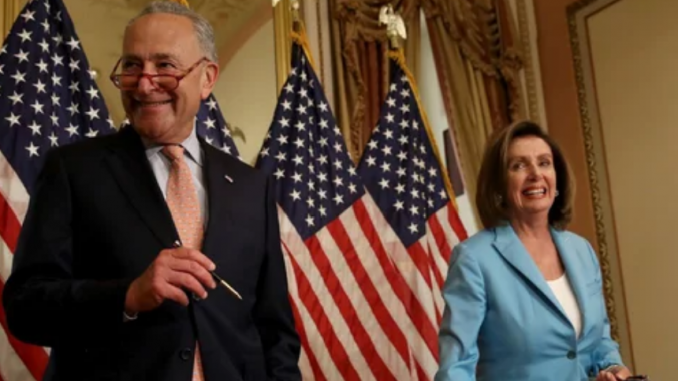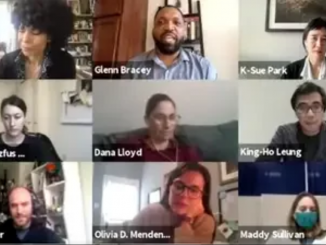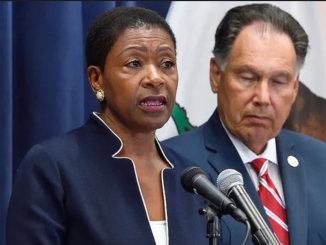
Congress cares more about addressing the ongoing COVID-19 pandemic than focusing on the national debt because voters aren’t as concerned about the debt, economists told the Daily Caller News Foundation.
The economic contraction caused by the COVID-19 pandemic, which has affected economic production and people in “epic proportions,” is the right time for the government to borrow money, Stony Brook University Research Associate and Economist Marina Azzimonti told the DCNF. However, Congress should begin discussions around balancing the budget in the interest of sustainability, Heritage Foundation Senior Policy Analyst Adam Michel told the DCNF.
“Congress doesn’t care about it because the people that elected them don’t seem to care about it. If the voters were concerned that we’re piling up large amounts of debt that are going to have to be paid back by their children, their grandchildren, then Congress would start caring about it,” Michel told the DCNF.
CBO will release “The 2021 Long-Term Budget Outlook” on Thursday, March 4, at 2:00 p.m. The report will provide projections of federal spending, revenues, deficits, and debt for the next 30 years. https://t.co/4Bw1Uvbwrr
— U.S. CBO (@USCBO) February 22, 2021
“I think the more nuanced answer is the things that are driving the deficit going out into the future, are not the things that politicians like to talk about on a regular basis,” Michel said.
Medicare, Medicaid, Social Security and other so-called mandatory spending programs are contributing to the instability of the federal budget and need to be reformed in order to keep taxes low, according to Michel.
Balancing the national budget doesn’t mean trillions in federal spending has to be cut in the immediate future, just that reforms need to be made so that the growth rate of the federal spending no longer increases at a faster rate than revenue, Michel said.
“These are some of the thorniest issues that Congress has to deal with. And no one sort of has the guts, and the voters don’t want to hear the truth that resides in those sort of complicated spaces,” Michel told the DCNF. “I think starting to have those hard conversations now, is the best thing that Congress can do — other than addressing the actual pandemic — to put the U.S. on a path for a fast and prosperous recovery.”
There are political incentives to borrow since raising taxes is generally unpopular, though there should be a long-term plan for repaying the debt, Azzimonti said. If the debt is monetized, meaning the federal government will borrow from the central bank to pay the debt essentially creating new money, Congress will either have to raise taxes or the rate of inflation will increase.
“Every rational agent in the bond market expects borrowing to go up. Congress is supposed to use debt precisely in moments like these to smooth the negative costs of the shock,” Azzimonti told the DCNF. “At the moment, members of Congress are trying to tackle the pandemic and will probably start worrying about it [paying the national debt] once the economy goes back to trend.”
*story by The Daily Caller


